
Debi Lascelle (left) and Stephen Aronson are patient advisors on a lung screening pilot program. Both Lascelle and Aronson were diagnosed with lung cancer and treated successfully after taking part in an early screening study.
When people found out that Debi Lascelle had been diagnosed with lung cancer, they almost always reacted the same way.
“Most of them would say, ‘Well, did you smoke?’ I try to own it and say, ‘Yes, I did. Next question?’”
Her cancer was diagnosed in 2011 when she took part in a study about lung screening. At the time, she was training to volunteer at the May Court Hospice.
“My dad died of lung cancer. So when I saw the ad for the study, I carried it around for a while, thinking about it, and then I called,” she said.
Family history was also on Stephen Aronson’s mind when he registered for the same study and was diagnosed with lung cancer.
“My father was a smoker, and his father was also smoker. My father had lung cancer and he ended up dying of it in the ‘90s,” he said.
Lung cancer is the leading cause of cancer death for women and men in Ontario. About 7,100 people died of lung cancer in 2016 – more than breast, colorectal and prostate cancers combined.
Regular lung screening for people at a high risk of lung cancer isn’t standard practice in Ontario. For both Aronson and Lascelle, screening meant that their cancers were found at a more treatable stage.
The Champlain Regional Cancer Program, based at The Ottawa Hospital, is one of three regions in the province taking part in a Cancer Care Ontario program to pilot screening for people at a high risk of lung cancer. Lascelle and Aronson are patient advisors for the pilot at The Ottawa Hospital and Renfrew Victoria Hospital.
“The chance of someone surviving lung cancer has not improved very much over the last few decades,” said Dr. Donna Maziak, a surgical oncologist and the physician lead for the program. “We wanted to pilot this program because we think that combining lung screening with smoking cessation will improve the odds for our patients. It will give us a new weapon in our fight against lung cancer.”
The program launched June 1. People between the ages of 55 and 74 who have smoked for 20 or more years – not necessarily consecutive years – are considered to be at a high risk of developing lung cancer, and might be eligible.
For Dr. Treena Greene, Aboriginal Cancer Lead at The Ottawa Hospital, there are clear benefits for screening.
“I have had to say goodbye to my grandfather and my husband’s ataatatsiaq [maternal grandfather], who both died from lung cancer,” she said. “I need you to ask about lung cancer screening. Taking the time now could give you more years with your loved ones.”
Aronson quit smoking for good before he got his diagnosis, but, “it’s like with any addiction. You may have quit, but you’re still a smoker,” he said. By acting as a patient advisor for the program, he said, he’s able to address some of the stigma directly.
Lascelle agreed. “Attitudes towards smoking have changed a lot, but I was around smokers my whole life. Everyone in my family smoked. I took it up at 14 and quitting was the hardest thing I’ve ever done.”
Everyone referred to the program will be offered support to quit smoking. If you or someone you know would like to learn more about quitting or reducing smoking, visit www.myquit.ca, or call 1-877-376-1701.

Comment on this post
Support patient care and research at
The Ottawa Hospital
You might also like…
Watch: Everything you need to know about the common cold
Though researchers have yet to find a cure for the common cold, the advice in this video is not to be sniffed at. Infectious diseases expert Dr. Michaeline McGuinty shares treatments, prevention tips and more guidance to help you through cold season.
Caring for your newborn and yourself: A post-birth guide for parents
Have you just given birth? Are you expecting soon? In this series of videos, Registered Nurse Samantha Adams shares essential advice for those early days at home.
Watch: Demystifying insulin resistance
Insulin resistance is a metabolic disorder that occurs when the body’s cells become resistant to the effects of insulin. In this video, Dr. Cathy Sun, Endocrinologist at The Ottawa Hospital, breaks down the essential aspects of this condition, including four strategies to decrease your insulin resistance.
Understanding menopause: Four things you need to know
Menopause is one of the least understood, yet most prevalent, health conditions in Canada. From common signs of menopause to symptom management strategies, here are four things you should know.
Breast cancer screening at The Ottawa Hospital: What to expect from your mammogram appointment
Is it time for your regular mammogram? Meet the team at The Ottawa Hospital’s Hampton Park Plaza breast screening clinic. When you book your screening mammogram with us, you can expect compassionate service and an efficient appointment (most people are in and out in under 20 minutes!).
Ontario lowers age for regular breast cancer screenings: Top 13 frequently asked questions
To help detect and treat breast cancer as early as possible, the province has lowered the minimum age to self-refer for publicly funded screenings — from 50 to 40. Eligible Ontarians between 40 and 49 can make an appointment for a routine screening mammogram without a referral from a primary care provider. Here are the most important things that our breast screening team wants you to know.


 To reset, hold the Ctrl key, then press 0.
To reset, hold the Ctrl key, then press 0.
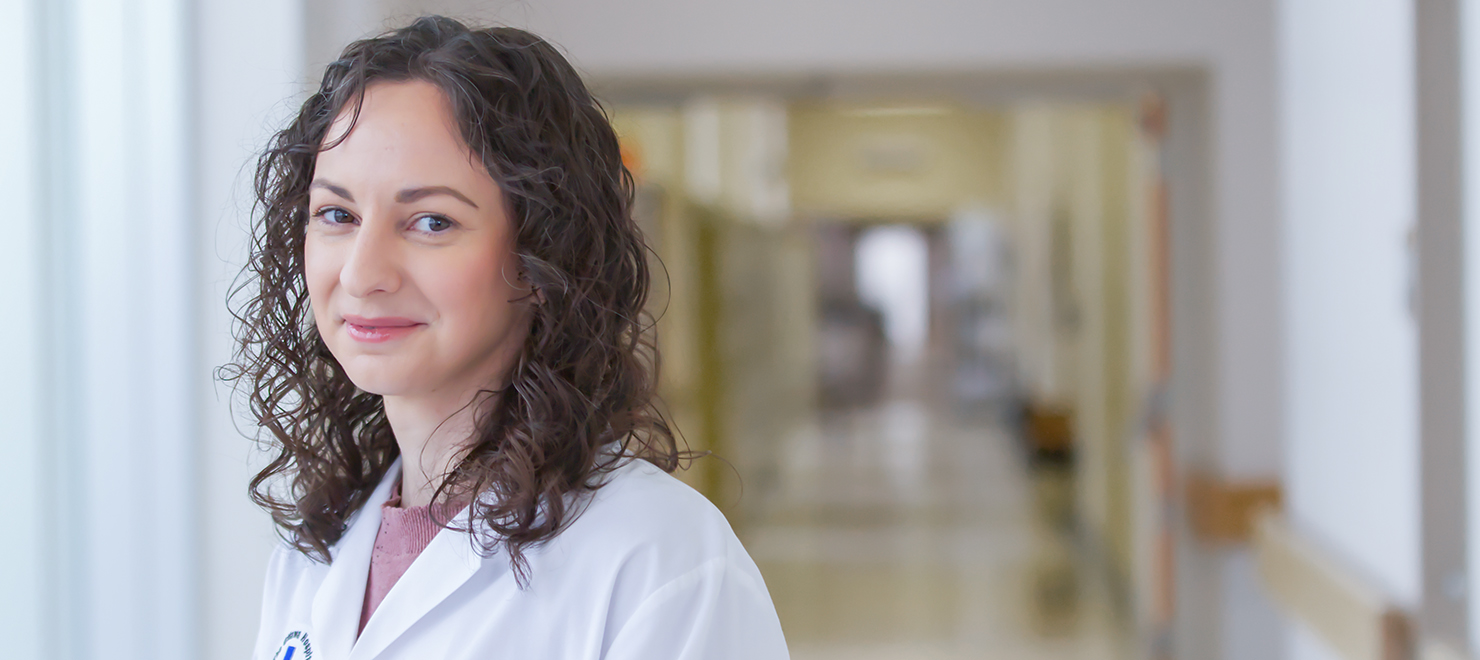
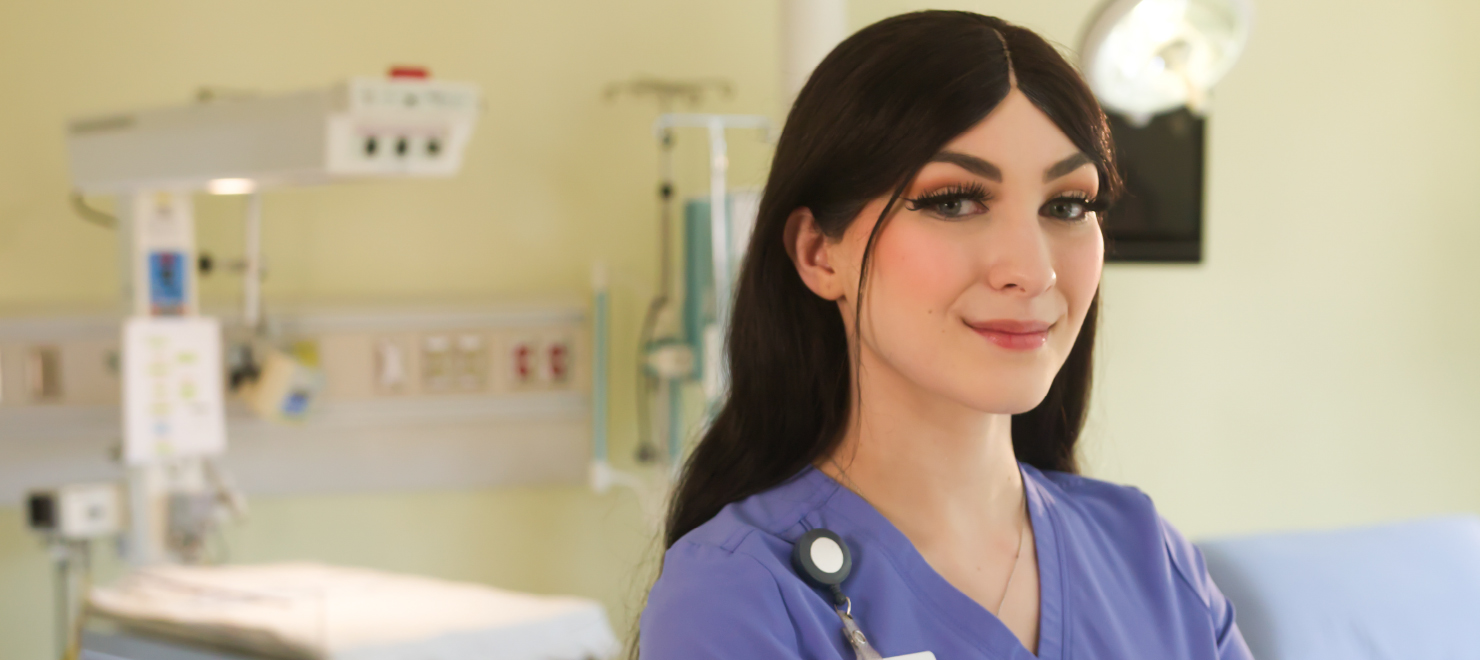
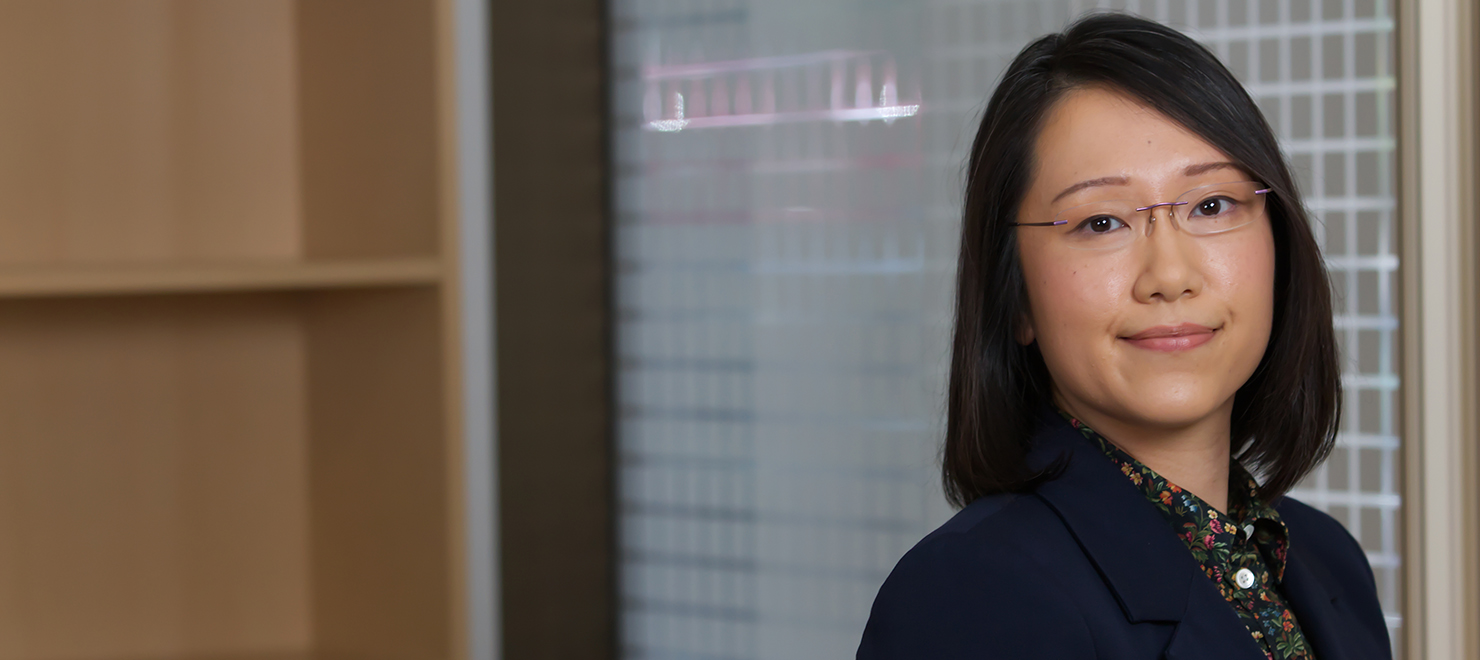
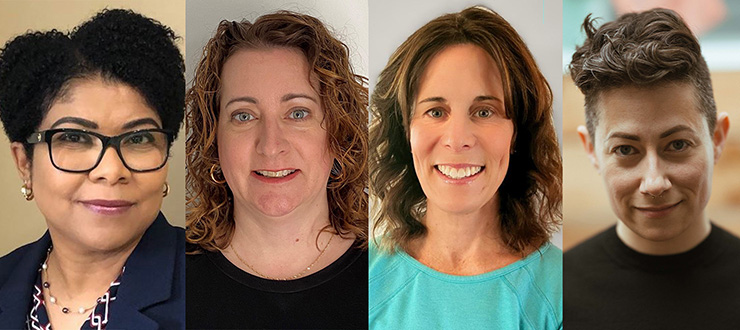
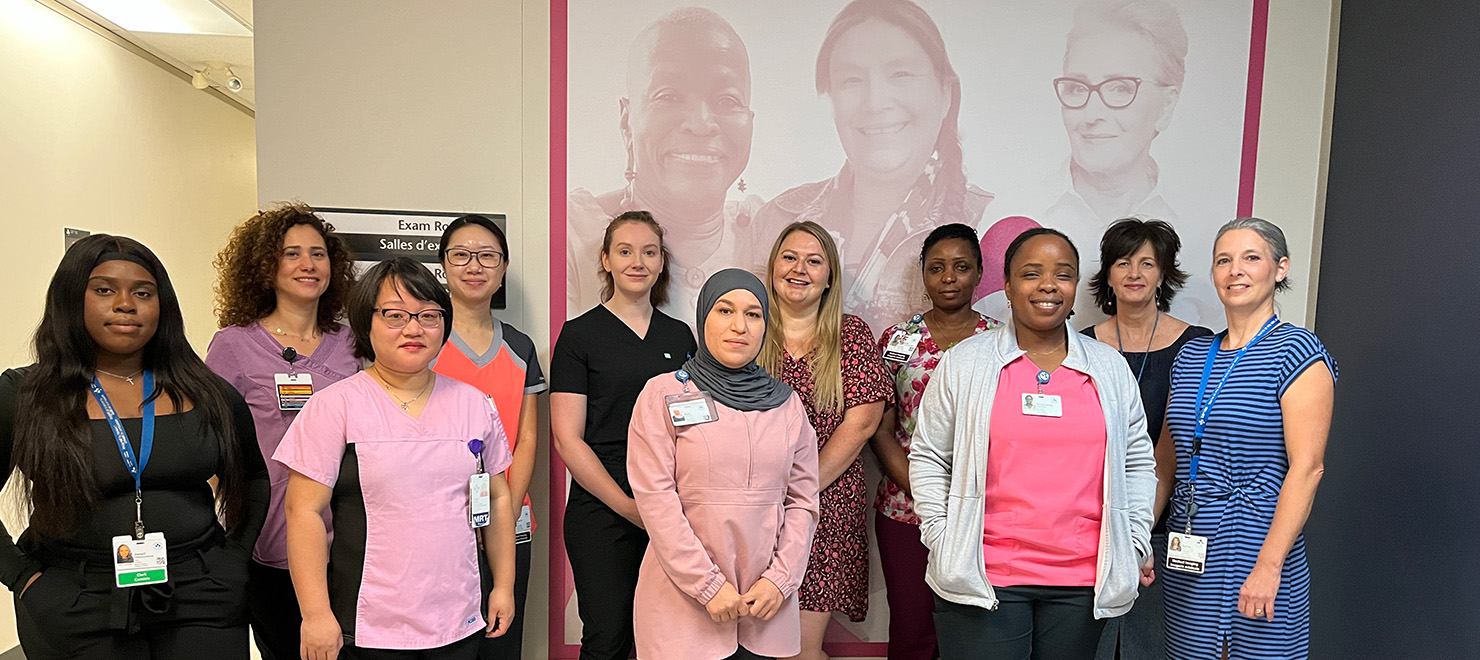
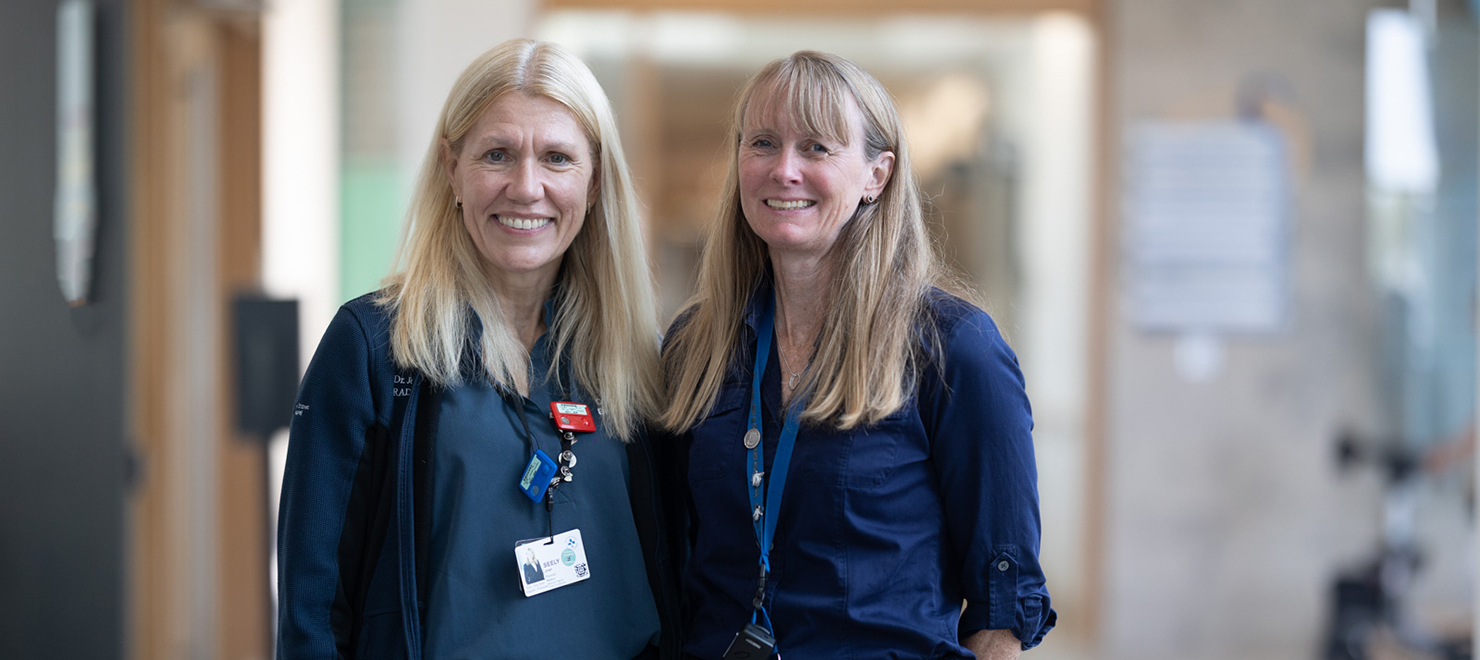
both CBC and your website talks about this new screening program, however, none say how to sign up! I’ve been smoking 40 plus years and trying to quit via vaping and nicorette spray, along with a quitting nurse specialist AND cigarettes.
Second Louise’s observation and question about where or how to sign up.
Hi there,
To learn more about how you can get referred to the program, visit https://www.ottawahospital.on.ca/lungscreening
Hope this helps,
TOH Communications